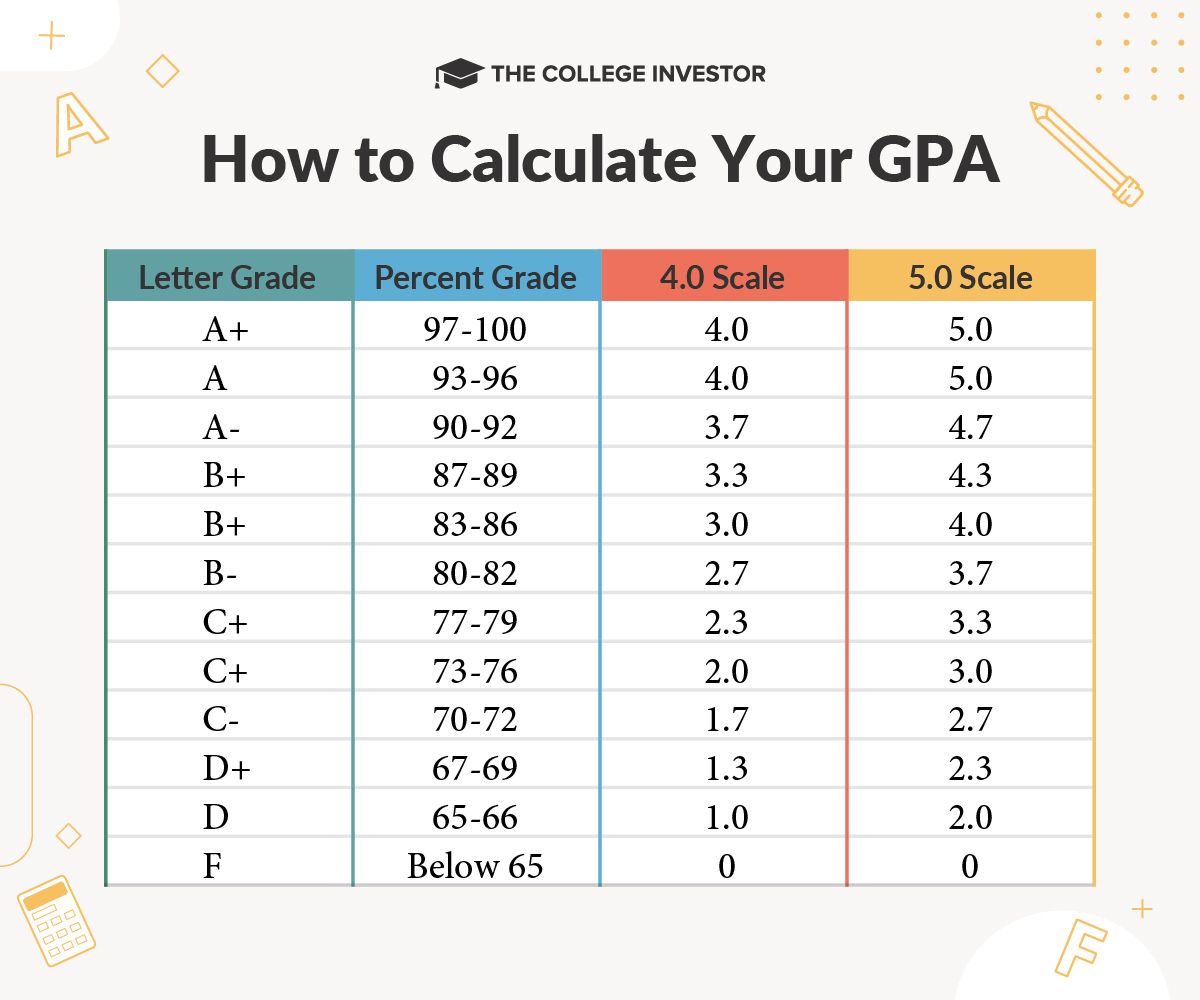
While you're in high school, you likely have several different options for what classes you can register for.
For example, depending on the classes offered, you might be able to take Regular English, Honors English or Advanced Placement (AP) English.
Any one of those options could make sense for you, depending on your plans after graduation. But one thing you'll want to consider as you make your choice is how AP scores work for college admissions.
What Is An Advanced Placement (AP) Class?
An AP class is generally considered to be a college-level course with an AP test that you can take at the end of the year. AP test scores range between 1 and 5. While the mapping isn't 100% accurate, you can think of the score from 1 to 5 corresponding to a grade from F (1) to A (5).
In many cases, getting a 3 or higher on an AP test will translate to a college credit for the relevant course, although some universities will only give credit for scores of 4 or higher. AP classes are becoming more and more popular, so it's important to understand how taking AP classes can affect your chances of being successfully admitted to college.
What Do College Admissions Departments Look For?
Most college admissions departments take a holistic approach to the admissions process. What this means is that rather than emphasizing any one specific area of the application, they look at the bigger picture for each applicant. While some universities may have a certain minimum GPA or minimum test score that they require from each applicant, they may not only look for students that have the highest test scores and/or grades.
Instead, many college admissions departments look for how each of these factors work together. As part of this larger admissions process, admissions departments are going to look at your high school transcript (including AP classes taken and scores received) as just one factor that makes up their decision.
Many high schools use a weighted GPA, which means that if you have taken many AP classes your overall GPA might be higher, which can have a positive impact on whether you are admitted.
Do AP Scores Matter for College Admissions?
As with most things related to college admissions, its not always clear whether AP scores matter for college admissions or if college admissions look at AP scores.
As we mentioned earlier, most colleges take a holistic approach to the admissions process, which means that they look at just about everything listed on the application. So while your AP scores may have some impact on your college admissions, it's not likely to have much of an impact except in extreme circumstances.
It's also important to understand how college admissions offices would even SEE your AP scores. Some college applications have a place to self-report your AP scores, and you do also have the ability to send your scores directly from the College Board (the company that administers the AP tests). But it's important to understand that you are not required to.
For that reason, there is one school of thought that says that you should only send "good" (3 and up) scores to colleges. Either way, you should realize that in most cases your AP scores should have very little (possibly no) impact on your chances of being admitted to any particular college.
What Are AP Classes Good For?
So if AP scores don't impact your chances of being admitted to college, what are AP classes good for? Here are a few reasons why you might want to take AP classes:
- The more rigorous academics in AP classes may help prepare you for college classes.
- Depending on how your school calculates GPA, taking (and doing well) in an AP class can increase your overall GPA. See the 5.0 GPA scale below. An "A" in an AP class typically counts as a 5.0 in calculating your high school GPA.
- If you score well on your AP test, you can earn college credit while still in high school. This is similar but slightly different than taking a dual enrollment college class while still in high school. This can provide you this sophomore standing in college - significantly decreasing the time you need in college, and lowering your college tuition costs.

The Bottom Line
In summary, Advanced Placement (AP) classes are high school classes that are taught at or near a college level. AP classes are becoming increasingly popular and are taught at many high schools. At the end of the school year, students in AP classes have the option to take the AP test for a particular class.
Scoring well (usually a 3 or higher) on the AP test may qualify you for college credit. You have the option to send your AP scores directly to colleges (via the College Board) and some college applications may have a spot for you to self-report your AP scores.
But either way, your AP scores are not likely to have a large impact on your chances of being admitted to college. They may have a minor impact if the decision is close, if you have very high or very low scores, or if you're applying to a school with very selective admission criteria.
But in most cases, college admissions departments operate holistically, meaning that they look at your entire application. They are likely to look much more at the bigger picture and how your AP scores affect your college application.

Dan Miller is a freelance writer and founder of PointsWithACrew.com, a site that helps families to travel for free / cheap. His home base is in Cincinnati, but he tries to travel the world as much as possible with his wife and 6 kids.
Editor: Colin Graves Reviewed by: Robert Farrington
